
In contemporary education, “What grade are you in?” has become synonymous with “How old are you?” But the age grading system that shoves six-year-olds into first grade, seven-year-olds into second, and so on up isn’t remotely natural.
Nor is it based on sound educational principles.
It dates, in the U.S., only back to 1847. Before then, teachers in one-room schools taught mixed-age groups together, with no standard curriculum, and students moved to more difficult material when they were ready, at widely varying times. (The medieval predecessor of the American one-room schoolhouse, the European cathedral school, typically had students from age 8 up to 21 or 22, all chanting the same lessons until learned.)
But over in Prussia, a new system had been instituted in the early 1800s: smaller classrooms where students were grouped by age and led by a single teacher. This strategy wasn’t driven by educational research. It was an attempt to try to restore Prussian greatness after a humiliating defeat by Napoleon in 1806.
Struggling to rebuild, Prussian statesmen decided to organize schools like military units, in order to instill the will to fight and build pride in Prussia’s historically militaristic national culture. Students were organized into platoons by age and assigned to a single “squadron leader,” (a system which made the transition into military service quite straightforward).
When Horace Mann, American politician and reformer, visited Prussia, he was serving as the Secretary of Education for the state of Massachusetts. He had long hoped to see a “common school” introduced into America, a school that all students would attend together, a school that would give Americans a common language and purpose, a school equally accessible to all. “Education,” he wrote, in one of his annual reports, “beyond all other devices of human origin, is a great equalizer of the conditions of men.”
But drawing the masses of the uneducated into those multi-age classrooms was a daunting task, one that would require huge resources and scores of talented and flexible teachers. The Prussian system (complete with compulsory attendance, not at that time an American practice) struck Mann as the perfect answer: the very best way to channel a large number of diverse students into a single institution with maximum efficiency.
With Mann’s support, the Prussian system finally came to Massachusetts in 1847, when the Quincy Grammar School was built with twelve separate classrooms, containing a single age-graded class led by a single teacher. The new plan did indeed turn out to be highly efficient (factories generally are), and age-graded schools were soon spreading into the rest of New England’s urban centers, westward to other cities, and then out into rural areas as well. By the turn of the century, age grading was the norm in almost all of the nation’s “common schools. Compulsory attendance laws, also modeled after the Prussian system, followed shortly after; Massachusetts again led the way, passing the first regulations in 1852.
So our strong identification of age with grade is the result of (in the words of Rick Hess) “our peculiar devotion to a model that defeated Prussian leaders developed in order to salvage the last vestiges of their shattered national pride.”
Recommended Products
-

Juneteenth Booklist & Activities
0 out of 5$0.00 Add to cart -
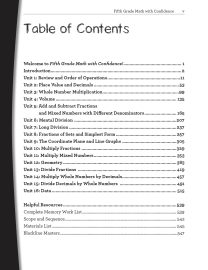
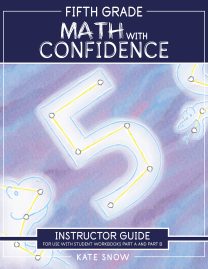
Fifth Grade Math with Confidence Instructor Guide
0 out of 5Starting at:$36.95Original price was: $36.95.$27.71Current price is: $27.71. Select options -
Sale!

Hansel & Gretel and Other Stories: Downloadable MP3
0 out of 5$12.95Original price was: $12.95.$9.71Current price is: $9.71. Add to cart -
Sale!

Dorothy and the Wizard in Oz: Downloadable MP3
0 out of 5$25.95Original price was: $25.95.$19.46Current price is: $19.46. Add to cart -
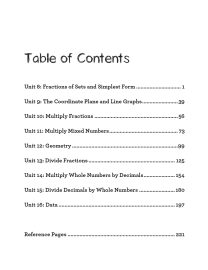 Sale!
Sale!
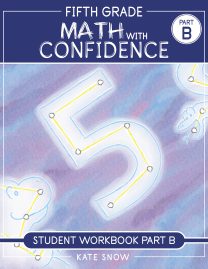
Fifth Grade Math with Confidence Student Workbook B
0 out of 5$16.46 – $21.56 Select options This product has multiple variants. The options may be chosen on the product page -
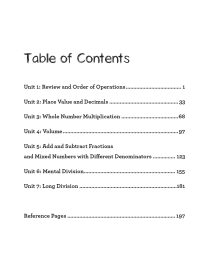 Sale!
Sale!
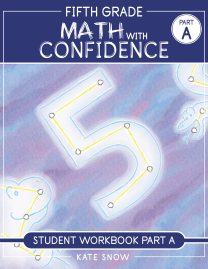
Fifth Grade Math with Confidence Student Workbook A
0 out of 5$16.46 – $21.56 Select options This product has multiple variants. The options may be chosen on the product page
ABOUT THE AUTHOR
Susan Wise Bauer
Join over 100,000 homeschooling families
For the latest offers, educational insights, products and more.
By joining you agree to our privacy policy.


















1 thought on “Why Do Six-Year-Olds Go to First Grade?”
Thank you for sharing the history of education! I found this very informative and concise.